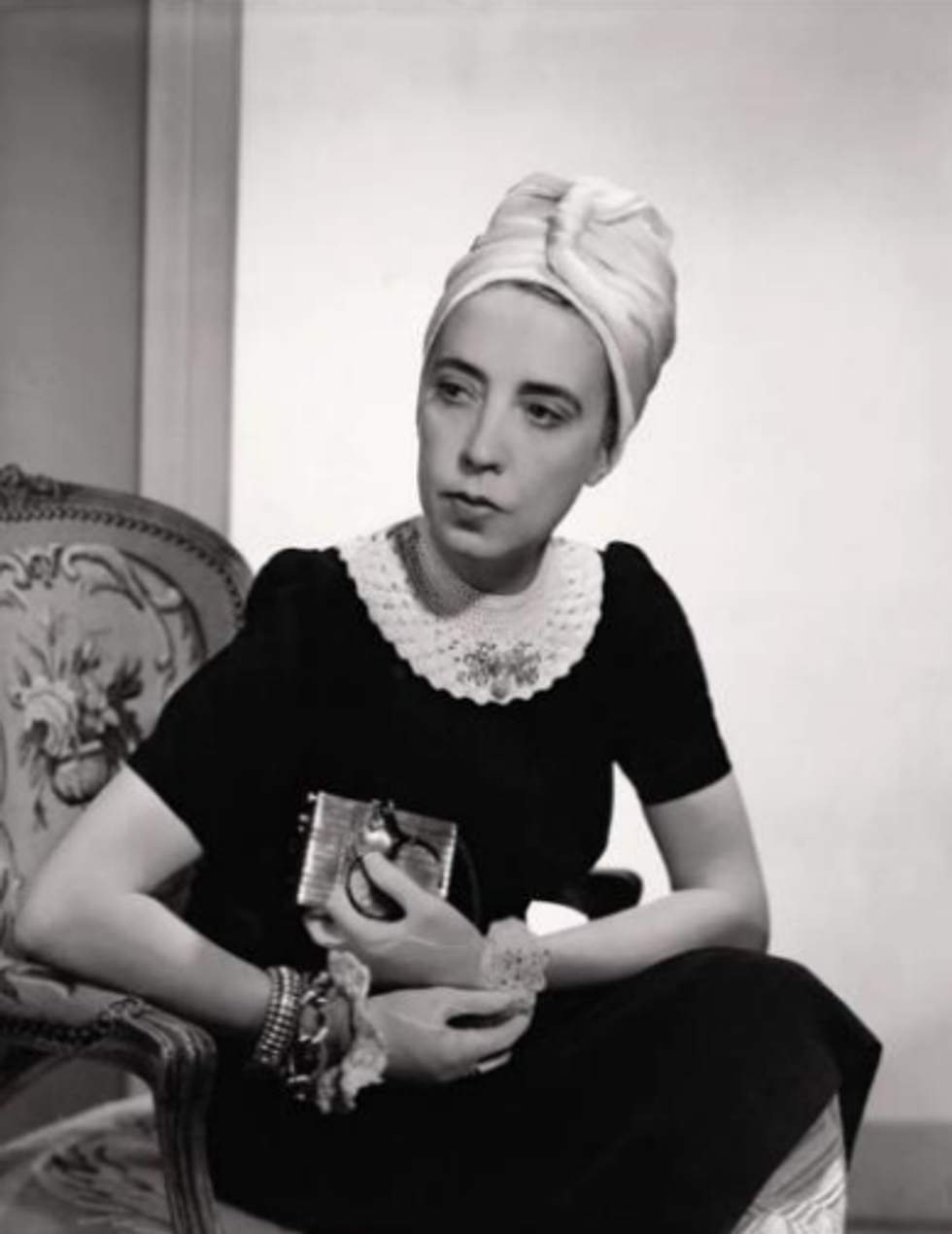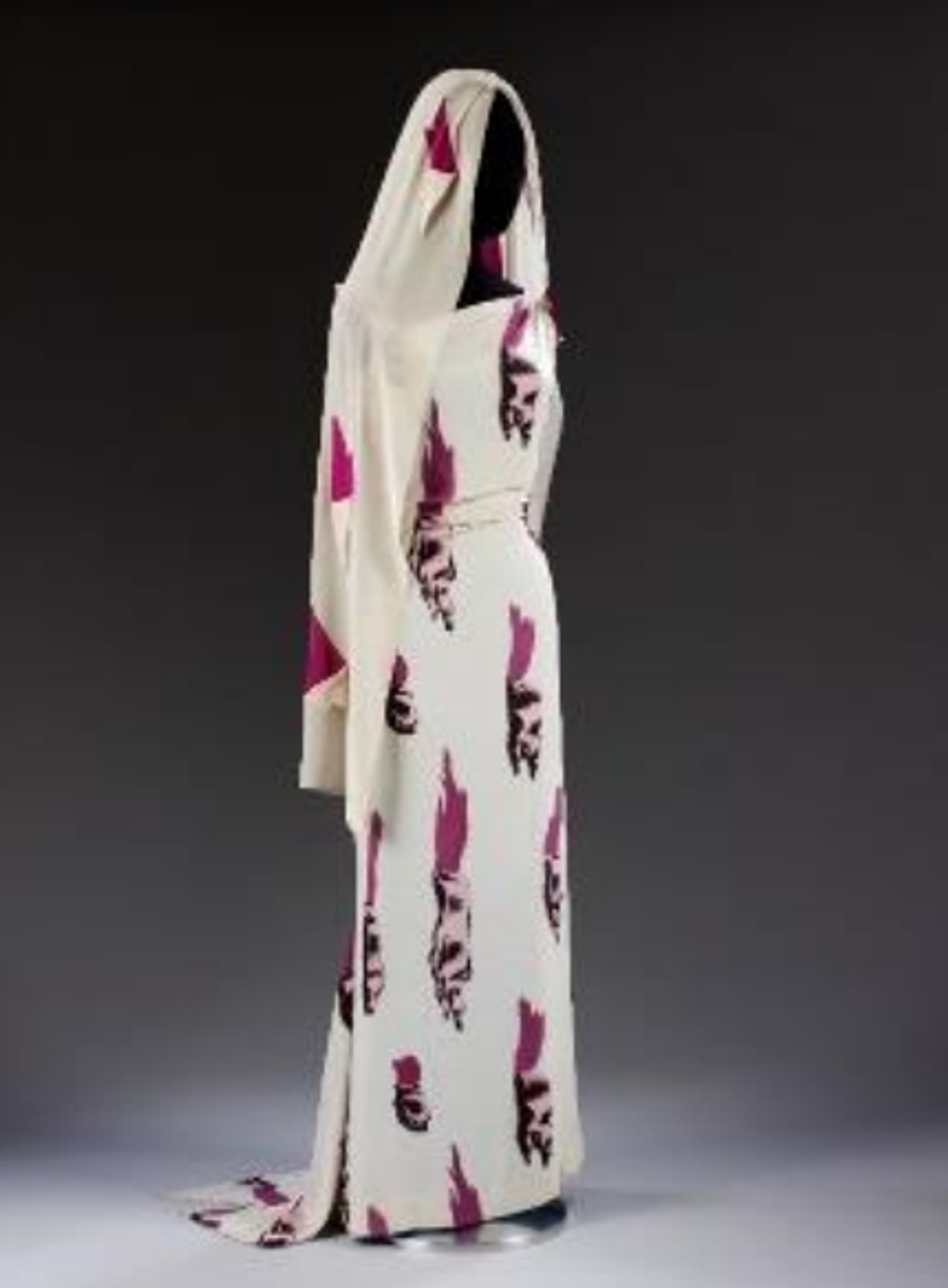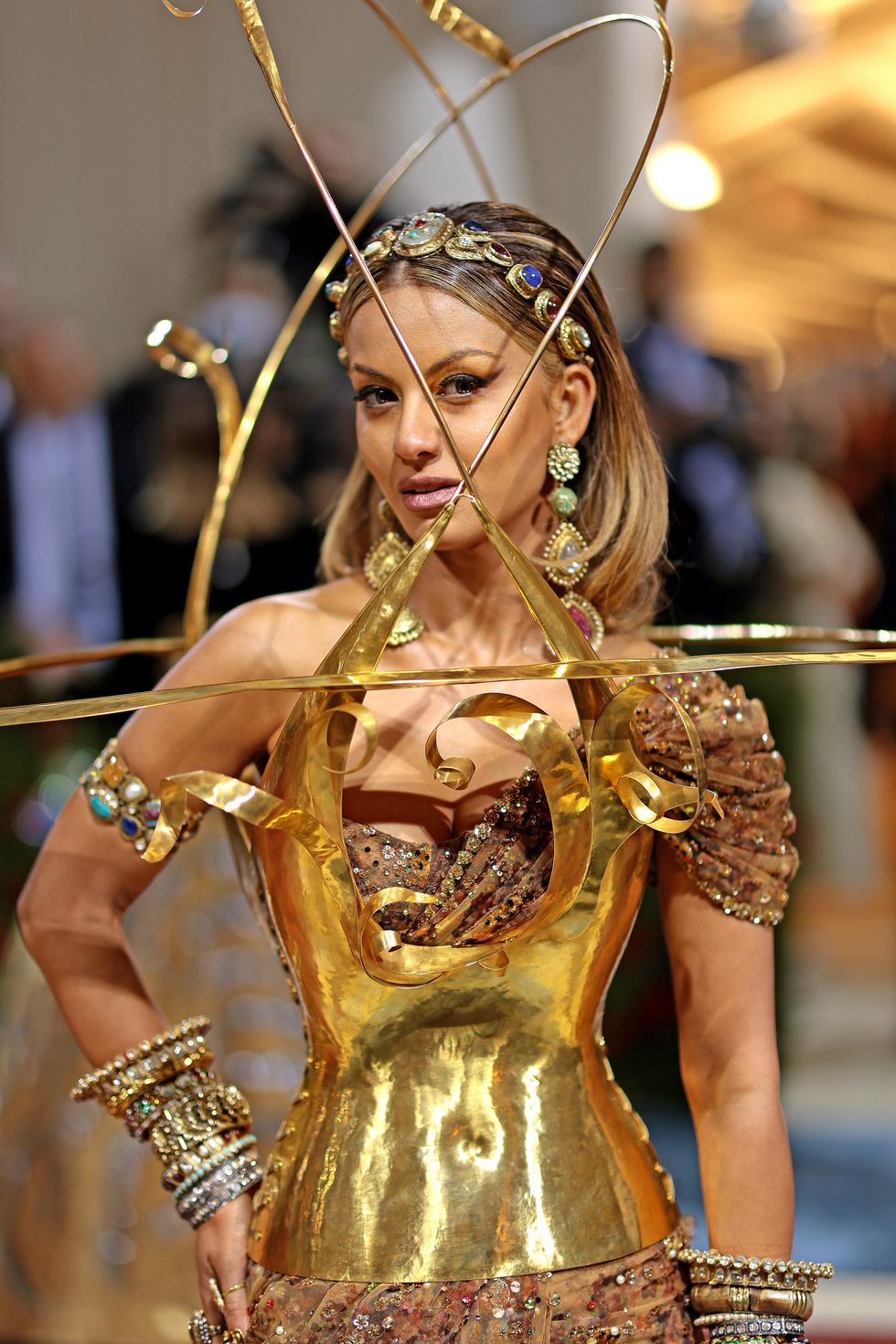by LAUREN CODLING
A BRITISH-ASIAN woman battling ovarian cancer has revealed the “detrimental” impact the Covid-19 crisis has had on her mental wellbeing.
Sunita Thind, 37, is currently living with an ovarian cancer recurrence. Both her ovaries were removed – one during surgery last month – and she is due to begin chemotherapy treatment soon.
Thind revealed the pressures of coping with cancer, the surgery, as well as the risk of catching coronavirus. Prior to her operation in May, she had to sign consent forms which confirmed she recognised the risks of catching coronavirus in hospital.
She also took a coronavirus test; thankfully, the results were negative.
“(The crisis) has had a detrimental effect on my mental health,” she told Eastern Eye. “I’m scared; I’m constantly having to wash my hands, I’m conscious of getting too close to people and I’m fearful of going out because of the risk factor”.
She also expressed concern that her treatment could be delayed, due to the coronavirus pandemic.
“The doctor has said it could be a possibility,” she said, “although I don’t know when exactly I’d find out about that.”
As the coronavirus is highly contagious, hospitals have taken measures in order to halt its spread. This means it is rare for visitors to visit patients. These restrictions meant Thind’s husband Peter was unable to visit her in Derby Royal hospital, where her recent surgery took place. Peter got to see Thind only when he picked her up from the hospital, two days after the surgery.
“It was horrendous saying goodbye to him,” she recalled. “I took diazepam (anti-anxiety drug) to calm me down, but it felt surreal and there was a lot of adrenaline going through me.
“I felt a bit heavy, I felt disconnected. I think I was in shock.”
Derby-based Thind also expressed her concern as the outbreak rate in the Midlands was initially one of the highest in the country. “It has been very scary,” she said. “It feels like I have two Cs in my life at the moment – cancer and coronavirus.”
She spoke of her concerns about the outcome of the surgery, claiming the virus had “taken so much away from her.”
“The fact that my husband wasn’t able to be there for me, it has been stressful,” she said.
On her time in hospital, which she described as “a ghost town”, Thind said all the shops were closed and there were very few people in the wards.
Doctors and healthcare staff wore PPE (personal protective equipment) such as aprons, visors and facemasks to ensure they are protected. Thind, too, was told to wear a facemask and hairnet during her stay. “(The experience) felt alienating,” she said.
Since her operation, Thind has been recuperating and is waiting to hear more on her chemotherapy treatment. She has been offered therapy to help her cope with the loss of her ovaries and said she could potentially need a hysterectomy in the future.
“Psychologically, I have found it difficult,” she said. “It is very traumatic.”
Throughout her ordeal, Thind has relied on her husband and a small selection of friends for support. Speaking to her family would be difficult, she said, as “they don’t really know what to say”.
“When we first found out, some of my family didn’t want it aired as it is like airing your dirty laundry,” she said. “From their perspective, it is more about the honour and not being gossiped about.
“But it is nothing to be ashamed of.”
As a positive outlet, Thind has using her time to write poetry. Her first collection of poems, The Barging Buddhi, was published earlier this year. Her work includes themes of religion, family, gender roles and her experiences of cancer.
“Writing gives me a chance to escape to a different type of world,” she said. “It is so freeing and cathartic.”
Sunita Thind’s The Barging Buddhi and Other Poems is available now
















 Vogue 1940; Designer Elsa Schiaparelli wearing black silk dress with crocheted collar of her own design and a turbanFredrich Baker/Condé Nast via Getty Images
Vogue 1940; Designer Elsa Schiaparelli wearing black silk dress with crocheted collar of her own design and a turbanFredrich Baker/Condé Nast via Getty Images 'Tears' Evening dress and head veil, designed by Elsa Schiaparelli, February 1938 for Circus Collection, summer 1938. Fabric designed by Salvador Dali Victoria and Albert Museum, London
'Tears' Evening dress and head veil, designed by Elsa Schiaparelli, February 1938 for Circus Collection, summer 1938. Fabric designed by Salvador Dali Victoria and Albert Museum, London Natasha Poonawalla attends The 2022 Met GalaGetty Images
Natasha Poonawalla attends The 2022 Met GalaGetty Images  Vogue 1936; Two models, standing in a white room with arrows painted on walls and wearing dresses by Schiaparelli;Cecil Beaton/Condé Nast via Getty Images
Vogue 1936; Two models, standing in a white room with arrows painted on walls and wearing dresses by Schiaparelli;Cecil Beaton/Condé Nast via Getty Images


 Many of these beaches are tidal and best enjoyed at low tideiStock
Many of these beaches are tidal and best enjoyed at low tideiStock It’s also unofficially clothing-optionaliStock
It’s also unofficially clothing-optionaliStock Framed by the turquoise seaiStock
Framed by the turquoise seaiStock It’s best visited early or late in the dayiStock
It’s best visited early or late in the dayiStock